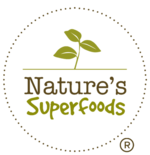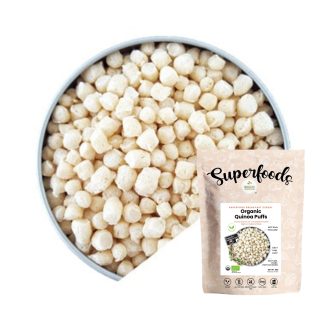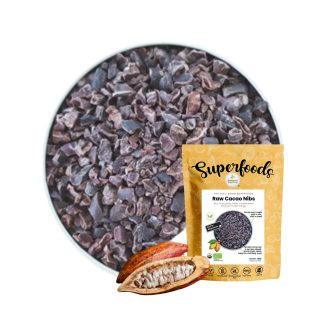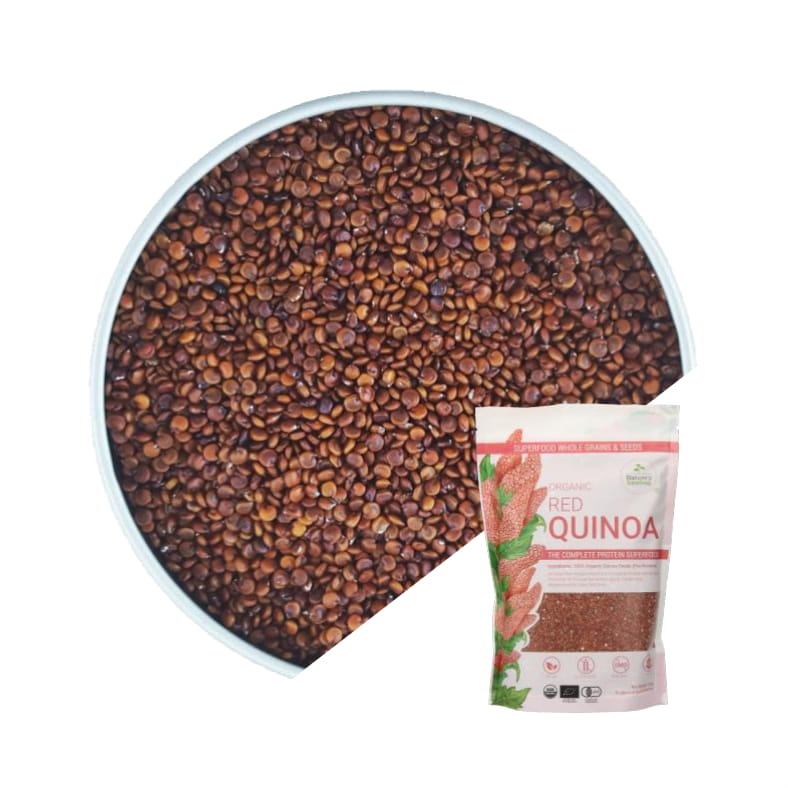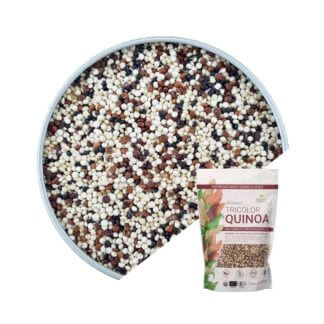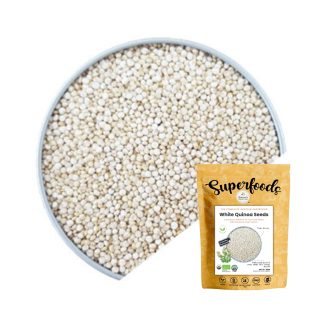-
No products in the cart.
Acne
Acne is a condition which develops due to a combination of factors such as the production of excessive oil in skin, clogged skin pores, inflammation and bacteria in the skin. In general, hormonal changes (i.e. which occur during puberty) and menstrual cycle can promote acne as it affects the oil production in the skin. In addition, genetic factors, pollution, smoking, stress, medications (e.g. steroid, lithium), makeup and other products that we put on our skin can also contribute to acne.
What should you do when you have acne?
Waiting to ‘outgrow’ acne can be a mistake, as seeking medical treatment can improve your appearance and prevent the development of severe scars. Acne may be treated through topical treatments (e.g. acne clear cream and lotion, etc) and/or oral treatment (e.g. antibiotics tablets, etc), depending on the severity of the condition.
Does diet cause or aggravate acne?
The link between diet and acne has been controversial. However, a recent study published in the medical journal (JAMA Dermatology), which compared the results of 24-hour dietary surveys of more than 24,000 adults who reported having acne currently, having it in the past but not currently, or never having had it found a correlation between the chances of having current acne and consumption of:
-
High-fat foods (including dairy milk and highly processed meat)
-
Sugary foods and beverages
-
A diet in the combination of high-fat and high-sugar foods
All in all, in comparison with individuals who never had acne, subjects with current acne were 54% more likely to consume a diet that is in the combination of high-fat and high-sugar foods. For example, compared with those with no history of acne, those with acne at the time of the survey were more than twice as likely to report consuming at least five servings of high-sugar drinks in the previous day, and eight times more likely to report consuming “a complete meal of fatty and sugary products” in the previous day. Fortunately, neither dark nor milk chocolate were associated with past or current acne.
Best diet to prevent acne
Unfortunately, there isn’t a definite guideline about the best diet to prevent or treat it. However, based on the existing evidence, here are three simple tips that may help to prevent acne, but would help to improve your overall health
1. Substitute your bad fats intake with good fats
Excessive consumption of bad fats (saturated fat and trans fat) promotes inflammation. Based on research, incorporating good fats (e.g. Omega-3) in the diet may help to lower the rates of acne. Aside from oily fish, omega-3 can also be obtained from chia seeds, unsalted baked nuts, canola oil, sacha inchi seeds and sacha inchi oil.
2. Consume unrefined carbohydrates instead of refined carbohydrates
Based on research, there is a strong link between the consumption of refined carbohydrates (e.g. white rice, white bread, sugar, etc) and acne. Hence, consuming unrefined carbohydrates such as wholegrains (e.g. brown rice, quinoa, millet, etc) may not only help to lower the occurrence of acne, but may also help to manage weight and reduce risk of chronic diseases such as cardiovascular diseases.
If you are craving for something sweet, go for fresh fruits or healthier snacks such as purple corn quinoa cereal, quinoa puff or even enjoy raw cacao nibs sweetened with yacon syrup.
3. Minimise consumption of cow’s milk (dairy, non-organic)
Studies have suggested that all types of cow’s milk (e.g. whole, low fat and skimmed) are linked to acne. In a particular study, it was observed that women who drank 2 or more glasses of skimmed milk daily are 44% more likely to have acne than the other women. This may be attributable to the hormones in the cow’s milk which can cause inflammation and clog pores. Hence, pay attention if cow’s milk triggers a breakout or worsen your acne; if it does, switch to organic cow’s milk or other types of milk (e.g. plant-based milk, etc).
4. Drink at least 2 L of water per day
Adequate hydration (e.g. 2 L of water per day) in one’s regular diet has a positive impact on normal skin physiology and may lower the occurrence of acne as compared to individuals with lower daily water consumption.
Conclusion
As our understanding of acne continues to evolve, we may eventually have more evidenced-based guidelines on diet that can help to prevent and treat acne. For now, regardless of whether you’re a teenager or adult, it is likely that there is no single food/diet that will guarantee clear skin.
Hence, enjoy all food in moderation. If you notice that some food triggers acne, you may want to reduce the intake or avoid it.
References
-
National Skin Centre. 2021. Acne Vulgaris [ONLINE] Available at: Click to view . [Accessed 16 May 2021].
-
Havard Health Publishing. 2020. Does diet really matter when it comes to adult acne?
https://www.health.harvard.edu/blog/does-diet-really-matter-when-it-comes-to-adult-acne-2020081920726. [Accessed 16 May 2021]. -
Rubin MG, Kim K, Logan AC. 2008. Acne vulgaris, mental health and omega-3 fatty acids: a report of cases. Lipids Health Dis. 7 (36), 1-5.
-
Mahmood SN, Bowe WP. 2014. Diet and acne update: carbohydrates emerge as the main culprit. J Drugs Dermatol. 13(4), 428-435.
-
Palma L, Marques LT, Bujan J, Rodrigues LM. 2015. Dietary water affects human skin hydration and biomechanics. Clin Cosmet Investig Dermatol. 8, 413-421.
-
American Academy of Dermatology Association. 2021. Can the right diet get rid of acne? Click to view. [Accessed 20 May 2021]
Browse Superfoods for Acne Prevention & Skin Health
Showing all 8 results
-
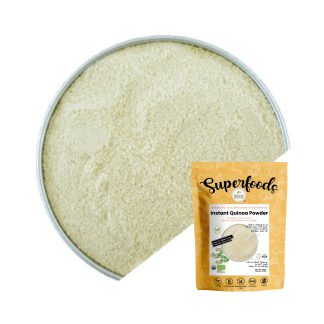 10%
10%Organic Instant Quinoa Powder
Sale! Original price was: $12.50.$11.25Current price is: $11.25.Out of stock
View More -
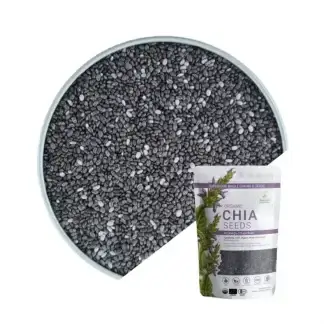
Organic Premium Black Chia Seeds
$11.90 – $22.90 View More This product has multiple variants. The options may be chosen on the product page -
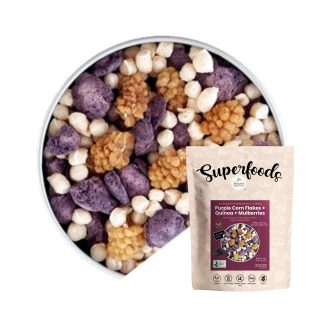
Organic Purple Corn-Quinoa-Mulberries Cereal Mix
$12.99Out of stock
View More This product has multiple variants. The options may be chosen on the product page -
Organic Quinoa Puffs
$6.90 – $17.90Out of stock
View More This product has multiple variants. The options may be chosen on the product page -
Organic Raw Cacao Nibs
$18.50 View More This product has multiple variants. The options may be chosen on the product page -
Organic Red Quinoa Seeds
$9.90Out of stock
View More This product has multiple variants. The options may be chosen on the product page -
Organic Tricolor Quinoa Seeds
$9.95 – $17.95 View More This product has multiple variants. The options may be chosen on the product page -
Organic White Quinoa Seeds
$9.90 – $17.90Out of stock
View More This product has multiple variants. The options may be chosen on the product page
Showing all 8 results
